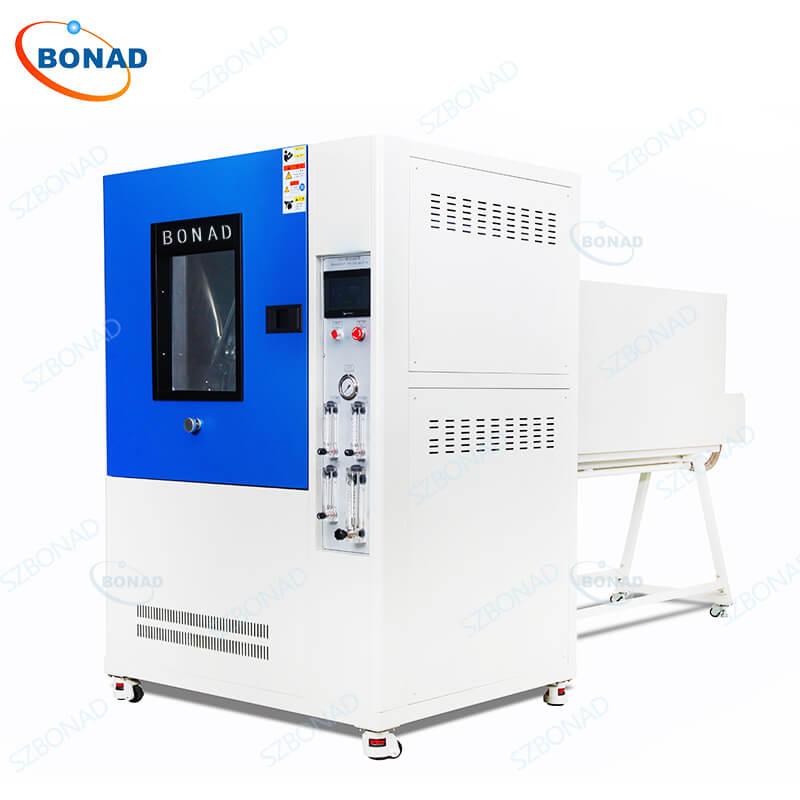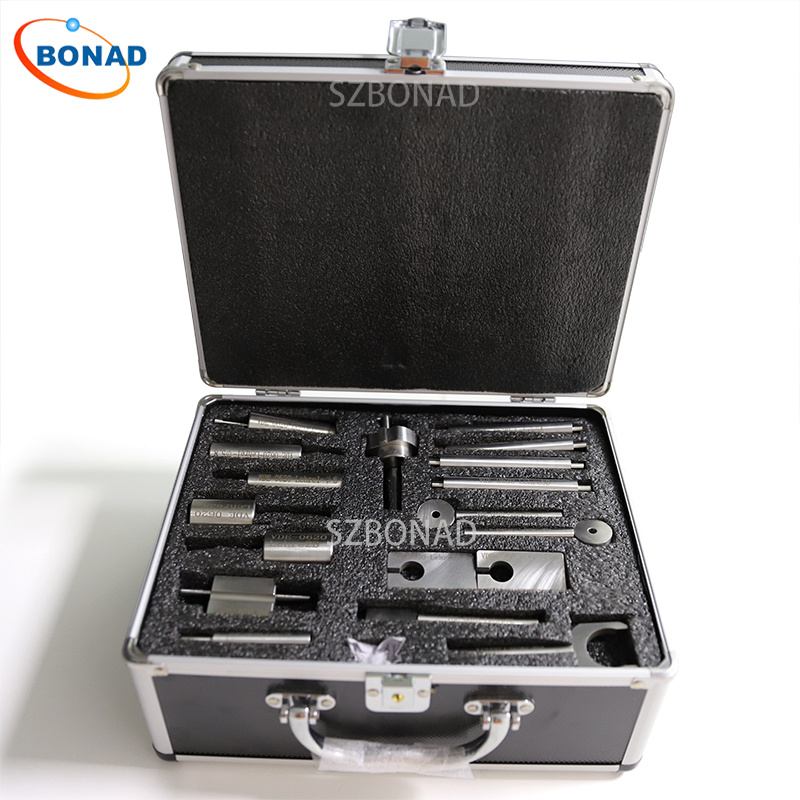When selecting electronic devices for outdoor use, one of the key factors to consider is their resistance to water and moisture. The Ingress Protection (IP) rating system serves as a global standard for evaluating how well a device is shielded from dust and water. An IP65 rating indicates that the device is completely dust-tight and can withstand water jets projected from a nozzle.
Is IP65 Sufficient for Rainy Conditions?
The adequacy of an IP65 rating for rain protection depends on several variables. Firstly, it’s crucial to note that IP ratings do not equate to waterproofing. Instead, they measure the degree of protection against water and moisture. An IP65 rating signifies that the device can endure water jets equivalent to about 12.5 liters per minute at a pressure of 30 kPa. However, this does not necessarily mean it can handle heavy rainfall.
For devices intended for use in heavy rain, higher IP ratings such as IP67 or IP68 might be more appropriate. An IP67 rating ensures that the device can be submerged in water up to 1 meter deep for 30 minutes, while an IP68 rating allows for prolonged submersion at greater depths.
On the other hand, if the device will primarily encounter light rain or mist, an IP65 rating may suffice. It’s also essential to consider additional environmental factors like humidity and temperature, which can impact the device’s performance. Therefore, a comprehensive evaluation of all these elements is necessary when choosing an outdoor device.
Conclusion
In summary, whether an IP65 rating is adequate for rain protection depends on the specific conditions and type of device in question. For enhanced protection against water and moisture, opting for a higher IP rating may be advisable.



